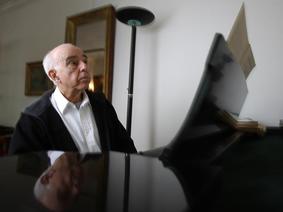
“You sing or you speak with a kind of desperation or passion that is irrational, because rarely does it really have very much external effect,” he continued. “You can’t change the weather by yelling, but you can make yourself feel better, and you can develop a sense of community. And that, I think, is what is at the heart of early Jewish worship. Not singing sweet little songs.”
That primal wildness Wyner was seeking is easiest to hear in “Torah Service,” which the Cantata Singers are performing on a program that also includes Honegger’s oratorio “King David” and a selection of Yiddish art songs by Lazar Weiner, Yehudi’s father. “Torah Service” is written in an angular, somewhat dissonant musical language that conveys the intensity of both the joy and the lamentation Wyner saw in Judaism’s origins. Yet like every composer of sacred music, Wyner had to strike a careful balance between the competing demands of music and text. “It doesn’t pretend to preempt the prayers themselves,” he said of the music. “The prayers remain intact, and the music is commentary or a dramatization, but it doesn’t supplant the ritual readings.”
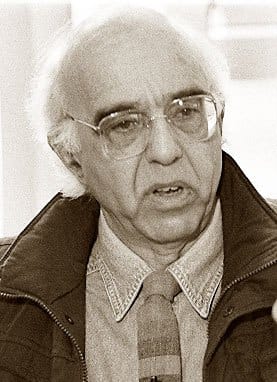
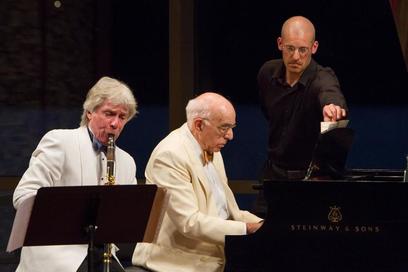
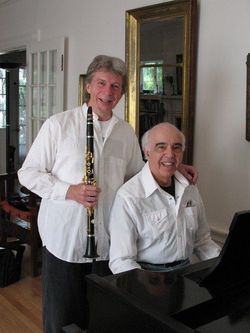
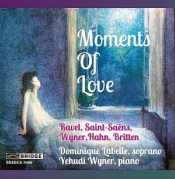
 RSS Feed
RSS Feed
